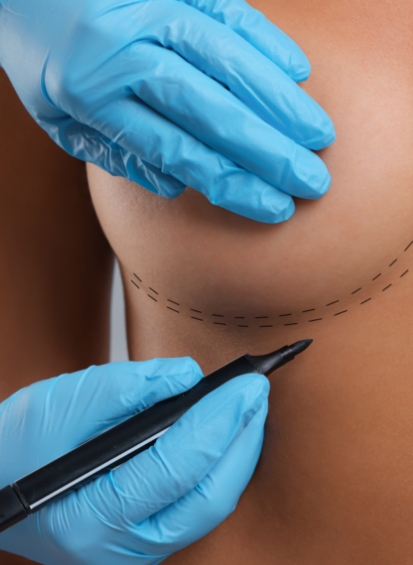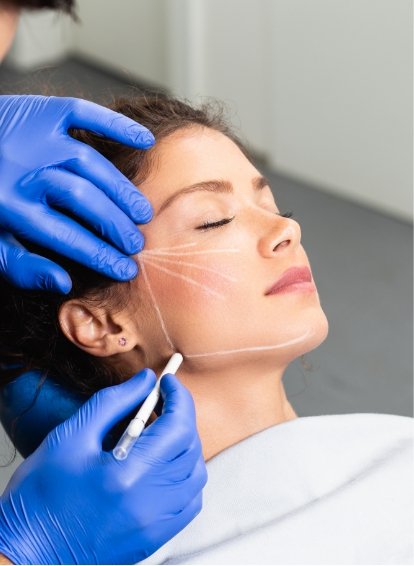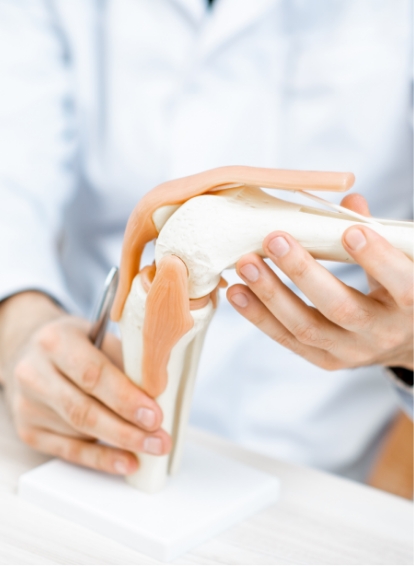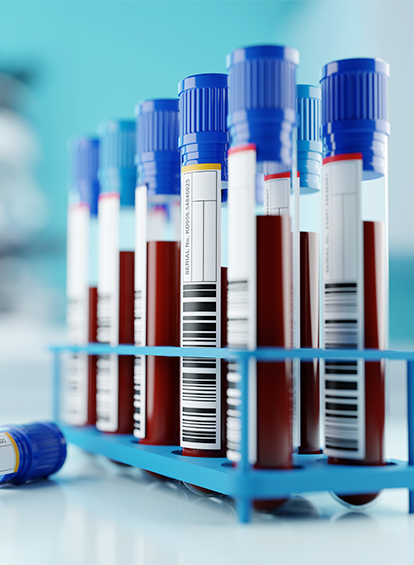Sports & Non-Surgical Orthopaedic Treatments
Shoulder Pain
Shoulder pain is a common issue that can result from various underlying conditions, such as rotator cuff injuries, arthritis, or impingement. This type of pain may affect mobility and function, making simple tasks challenging and impacting quality of life. Shoulder pain can be acute or chronic, depending on the cause, and may vary from mild discomfort to intense, sharp pain.
At The Clinica, our Sports Medicine and Minimally Invasive Orthopaedic Consultant are skilled in diagnosing and treating shoulder pain, providing targeted therapies that restore mobility, reduce pain, and improve overall shoulder health.
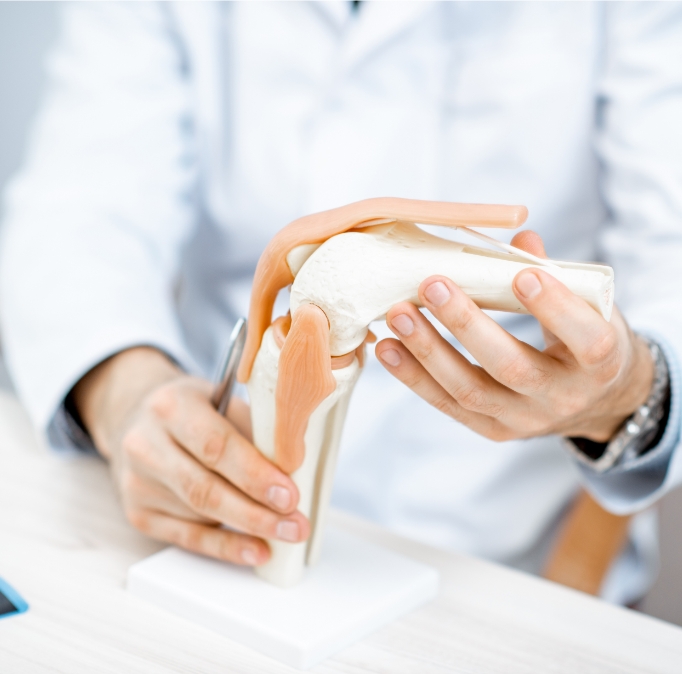
What is it?
Shoulder pain refers to discomfort originating in the shoulder joint or the surrounding muscles, tendons, and ligaments. It may occur due to injury, overuse, or degenerative conditions affecting the rotator cuff, tendons, or joint structure. Common causes of shoulder pain include rotator cuff tendinitis, bursitis, impingement syndrome, frozen shoulder, and arthritis.
The shoulder is a highly mobile joint, making it susceptible to injury and wear over time. Repetitive motions or heavy lifting can place stress on the shoulder, leading to inflammation or damage to the tendons and muscles. Some people experience shoulder pain due to underlying health conditions like arthritis, which can cause joint stiffness and swelling, further limiting movement and increasing discomfort.
Untreated shoulder pain can lead to a decrease in mobility and strength, impacting one’s ability to perform daily activities. Chronic shoulder pain, in particular, may cause compensatory issues in surrounding areas, such as the neck and back, due to overcompensation and improper posture.
Book an appointment
Additional Information

Causes of the condition
Shoulder pain can result from a variety of causes, including acute injuries such as fractures or dislocations and chronic conditions like tendinitis or arthritis. Overuse from repetitive movements—common in sports like tennis, swimming, and weightlifting—can lead to inflammation of the shoulder tendons (tendinitis) or bursae (bursitis), causing pain and limited movement.
Age-related degeneration is also a significant factor. Conditions such as rotator cuff tears, frozen shoulder, and osteoarthritis tend to develop gradually over time. Arthritis, for example, causes the cartilage within the shoulder joint to wear down, leading to stiffness, inflammation, and discomfort. Additionally, improper lifting techniques or sudden traumatic events can cause injuries that result in ongoing shoulder pain.
Tests that can be done to confirm the condition
A thorough physical examination is essential in diagnosing the root cause of shoulder pain. During this assessment, our Consultant will check for tenderness, range of motion, and muscle strength. Imaging tests, including X-rays, ultrasound, and MRI, may also be recommended for a more detailed view of the shoulder joint and surrounding tissues.
X-rays help identify bone abnormalities and joint damage, such as fractures or arthritis, while ultrasound and MRI provide insight into soft tissue damage, like tendon tears or inflammation. In some cases, an arthrogram—a special imaging test where dye is injected into the shoulder joint—may be performed to highlight joint structures and identify the cause of pain more accurately.
Effective treatments
Treatment for shoulder pain depends on the underlying cause, but generally includes a combination of rest, physical therapy, and, if necessary, injections or minimally invasive procedures. Resting the shoulder is often the first step, as it allows initial inflammation to subside. Activity modification, such as avoiding repetitive or high-impact movements, is crucial to avoid aggravating the condition.
Non-surgical treatments like corticosteroid injections or platelet-rich plasma (PRP) injections can be effective in reducing pain and inflammation. Corticosteroids are commonly used to relieve inflammation, while PRP injections utilise the patient’s own blood to enhance natural healing within the damaged shoulder tissues. These treatments can provide long-lasting relief when combined with other therapies.
Physical therapy is a cornerstone of shoulder pain management. A tailored program of stretching and strengthening exercises can improve flexibility, restore range of motion, and build muscle support around the joint. In more severe cases where conservative treatments are not sufficient, minimally invasive procedures or surgery may be considered to repair damaged tissues.
Book an appointment for an initial consultation
Booking an initial consultation at The Clinica is the first step in understanding and addressing shoulder pain effectively. During this appointment, our specialist will conduct a comprehensive evaluation, discuss your symptoms, and review your medical history to determine the potential causes of your shoulder pain. This thorough assessment is essential to create a personalised treatment plan.
The consultation may involve physical tests to assess strength and mobility, and, if needed, imaging tests will be arranged for a more detailed diagnosis. By identifying the exact cause of your shoulder pain, we can provide a structured path to recovery that aims to relieve pain, restore function, and improve your quality of life.
Frequently Asked questions
Mild shoulder pain may improve with rest and activity modification. However, persistent or worsening pain should be evaluated by a specialist to prevent further injury.
PRP injections can be very effective for certain types of shoulder pain, particularly those related to tendon and ligament injuries. They promote healing by delivering concentrated growth factors to the injured area.
Recovery time varies based on the cause and severity of the condition. Some patients experience relief within weeks, while others may need several months for full recovery with physical therapy and treatment.
Surgery is typically a last resort and is only recommended if conservative treatments fail. Most shoulder pain can be managed effectively with non-surgical methods like physical therapy and injections.
Yes, strengthening exercises and stretches targeting the shoulder muscles can help prevent pain. Proper technique and avoiding overuse are also important in reducing the risk of injury.
Specialised Clinics
General Enquiries
Please send your enquiry to us and our Practice Manager will be in touch shortly. Alternatively, if you would rather speak to us or your enquiry requires our urgent attention, please call us on 01344 946363.

